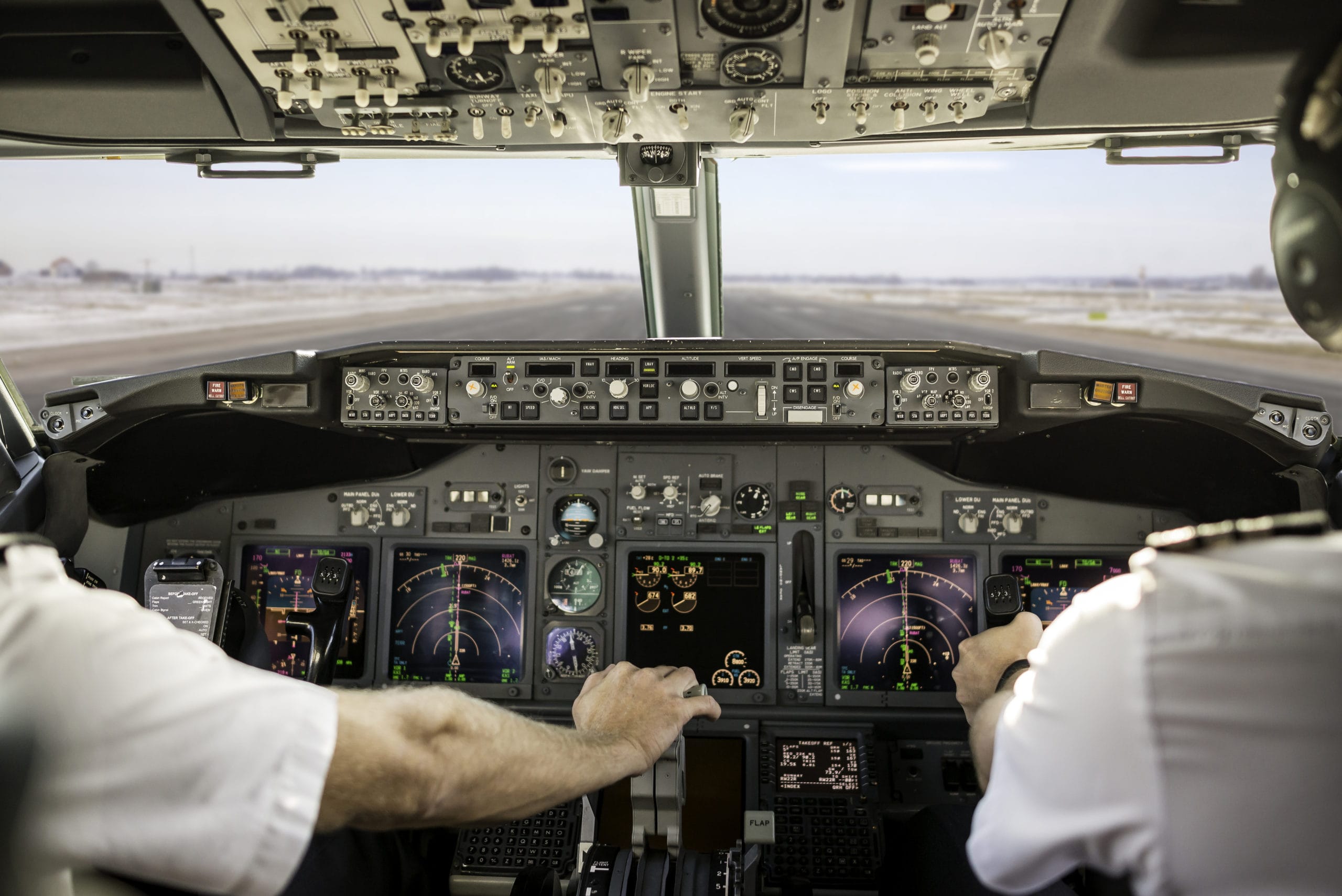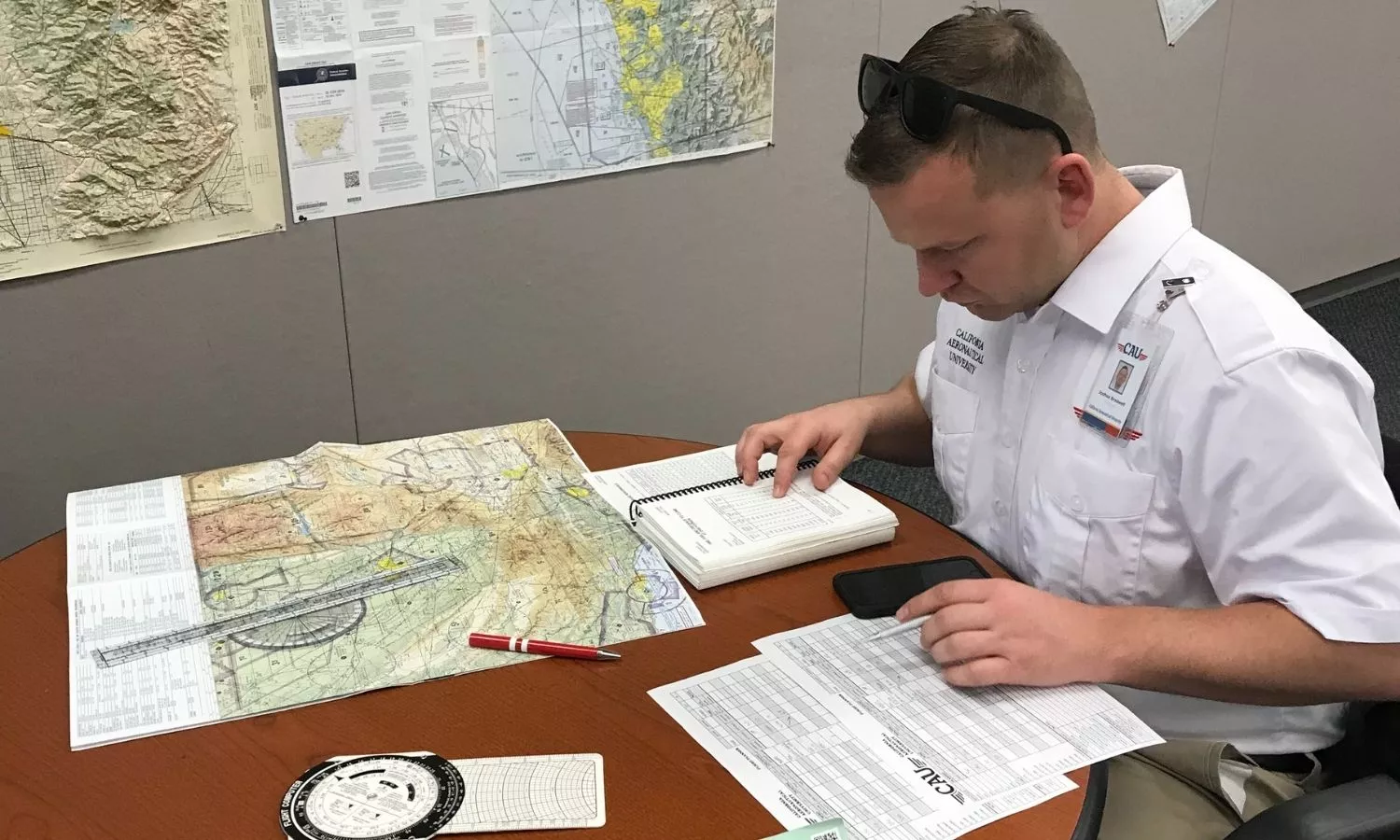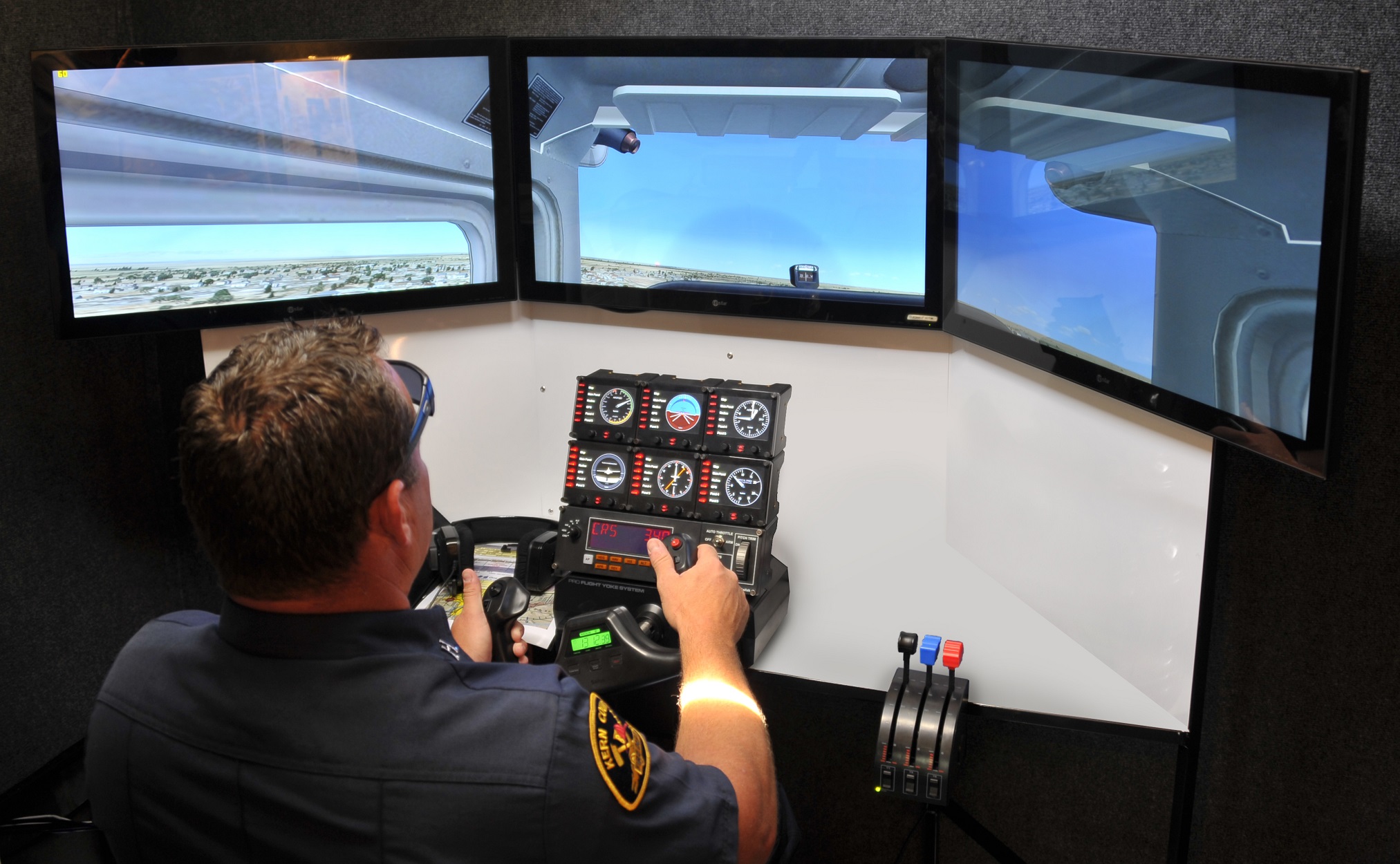Instrument flying is a critical step for pilots looking to fly for hire, but what is the instrument rating and why is it important?
Pilots who want to spend their career in the cockpit usually begin training for their instrument rating immediately upon earning their private certificate. Many also train for it concurrently to speed the process along. The instrument and commercial rating is a must-have for anyone who wants to eventually fly for hire. The Federal Aviation Administration (FAA) stipulates obtaining the instrument as a requirement for moving to other certificates and ratings. Most insurance companies require the rating before approving a policy for pilots on some airplanes.
But some recreational pilots hesitate before getting their instrument rating. They wonder if the investment and time is worth it. However, even pilots who fly for self-enjoyment can greatly benefit from earning an instrument rating. This post will explain what the instrument rating is, as well as the many benefits of gaining it.
[lwptoc numerationSuffix=”dot” title=”IN THIS ARTICLE:” titleFontSize=”35px” itemsFontSize=”18px”]
What is Instrument Flying?
While pilots cannot earn their private certificate without demonstrating a working knowledge of weather systems and aviation dispatch reports, the instrument rating demands a great deal of meteorological study. Pilots must log time as PIC (pilot in command), and log a minimum of 50 hours of cross country flight time, which is any trip consisting of a straight-line distance of at least 50 nautical miles from the departure point. The pilot must also be able to understand and speak English.
A pilot must log at least 40 hours of instrument time. The hours can take place either in true instrument conditions, rain, clouds, snow, fog—or while wearing a vision-blocking device known as a hood. Pilots training for the instrument rating may also log some time in a simulator. Finally, the pilot is required to log at least 15 hours from an authorized instructor under instrument conditions and an aeronautical knowledge and practical test are required.
The knowledge test for instrument flying consists of information regarding Instrument Flight Rules (IFR) in the FAA’s Aeronautical Information Manual (AIM.) It also includes demonstrating familiarity with air traffic control (ATC) procedures regarding instrument flying. The pilot must answer questions about use of IFR navigation systems, as well as procedure charts under instrument conditions. Information also covers understanding of avoidance of windshear and severe weather scenarios. The FAA also tests safe decision-making skills and the ability to render responsible judgement, as well as crew communication and resource management. Once obtained, an instrument rating is valid for one year.
A Knowledgeable Pilot Is a Safe Pilot
Obtaining the instrument rating requires commitment, study, and hard work. However, the knowledge the pilot gains is the most valuable. A pilot trained in instrument flying, even if he or she does not plan to fly commercially, will have gained a great deal of experience with flying in adverse weather conditions than a pilot with a private certificate will have. The more a pilot has learned about aviation procedures, and instruction they have received from a qualified flight instructor, the greater the bank of information and instinct he or she can rely on. In times of unexpected stress and emergency, these can stand between a safe landing and a negative outcome.
The ability to fly in adverse weather conditions, which can sometimes arise without warning or change rapidly from original predictions, is priceless. By completing the requirements of the instrument flight rating, pilots are able to make more solid and confident decisions in the air, as well as before even taking off. The pilot’s added experience and study of resource management also helps them manage fast incoming information efficiently and safely.
Convenience
Instrument flying expands the conditions under which a pilot may aviate. Pilots who have a private certificate may only fly under VFR (visual flight rules) conditions. This is restrictive, especially in areas that experience high rates of rainfall, cloudiness, or long periods of darkness.
Inclement weather can easily cancel or delay flight plans. Holding an instrument flight rating also enables pilots to fly farther away and for longer periods, since it is difficult to stay completely in visual flight rules for long. IFR pilots can also schedule meetings with more confidence and receive permission from air traffic control to climb above overcast skies into smoother air. The ability to fly in rain, fog, snow, and the dark is reassuring not only for the pilot, but any passengers they might be carrying.
Private pilots seeking a challenge and growth in aviation begin studying for the instrument rating, and usually find the assurance and convenience it affords is extremely freeing. Learning to scan instruments more efficiently helps pilots to process information more effectively in all kinds of weather, and the increased contact with flight instructors can grant an opportunity to sharpening aviation skills in all areas.
Increased Opportunities
Pilots seeking to fly commercially quickly learn that most employers are seeking pilots with an instrument rating. Often this is because the employer’s insurance company requires higher safety requirements than the FAA does.
Pilots may study concurrently for the instrument or do so quickly after obtaining the private, which is a convenient, efficient, and more effective learning process. However, pilots with a gap between earning the private certificate and the instrument rating can see an opportunity to reacquaint themselves with vital FAA rules while deepening their understanding of aviation procedures. This can create a new relationship with flying which is challenging and enjoyable, often resulting in a new appreciation of aviation.
Obtaining an instrument rating also makes it easier for a pilot to transition to a commercial certificate if he or she decides to fly for pay. Jobs for pilots with a commercial certificate but not an instrument rating are extremely rare and typically low-paying.
Ready to soar in your aviation career?
Mr. Matthew A. Johnston has over 23 years of experience serving various roles in education and is currently serving as the President of California Aeronautical University. He maintains memberships and is a supporting participant with several aviation promoting and advocacy associations including University Aviation Association (UAA), Regional Airline Association (RAA), AOPA, NBAA, and EAA with the Young Eagles program. He is proud of his collaboration with airlines, aviation businesses and individual aviation professionals who are working with him to develop California Aeronautical University as a leader in educating aviation professionals.


